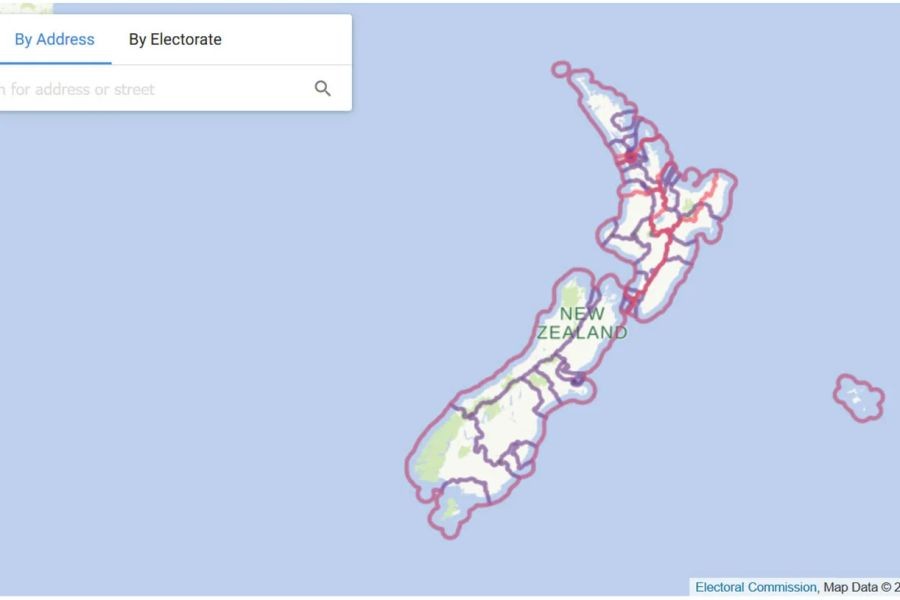In today's increasingly digital world, leveraging online communities for networking has become essential, particularly in a country like New Zealand, where geographic isolation can be mitigated by the boundless connectivity offered by the internet. While the traditional Kiwi "can-do" attitude has long thrived in local business environments, the digital landscape offers new opportunities and challenges. Let's delve into how New Zealanders can make the most of online communities for networking, enhancing business prospects and driving economic growth.
The Power of Online Communities in Networking
Online communities are digital spaces where individuals with shared interests gather to exchange ideas, support one another, and collaborate. These platforms range from professional networks like LinkedIn to niche forums and social media groups. For New Zealanders, online communities present a unique opportunity to overcome the country's geographic boundaries, facilitating connections across the globe. According to Stats NZ, 87% of the population is now online, indicating a robust digital presence ripe for networking opportunities.
How Online Communities Work: A Deep Dive
Online communities function as ecosystems where interaction and engagement drive value. Participants can share insights, seek advice, and offer support. For example, New Zealand's tech sector, which contributes significantly to the national economy, often leverages platforms like Meetup for tech meetups and LinkedIn for professional networking. These interactions can lead to collaborations, partnerships, and business growth opportunities.
- Shared Interests: Communities are often centered around specific interests or industries, allowing for targeted networking.
- Engagement: Regular participation through posts, comments, and discussions enhances visibility and credibility.
- Collaboration: Many communities foster collaboration, leading to joint ventures and projects.
For instance, the New Zealand tech company Xero has effectively utilized online communities to build brand loyalty and engage with users, creating a robust support network and enhancing user experience.
Pros and Cons of Networking Through Online Communities
Pros
- Expanded Reach: Online communities allow access to global networks, expanding opportunities beyond local confines.
- Cost-Effective: Networking online often requires less financial investment compared to traditional methods.
- Flexibility: Engage with communities at any time, accommodating different schedules and time zones.
- Knowledge Sharing: Access to a wealth of information and expertise from diverse participants.
Cons
- Information Overload: The sheer volume of content can be overwhelming, making it hard to find relevant information.
- Privacy Concerns: Sharing personal or professional information online poses privacy risks.
- Quality Control: Not all information shared in communities is accurate or reliable.
- Time-Consuming: Effective networking requires consistent engagement, which can be time-intensive.
Real-World Case Studies
Case Study: Icebreaker – Expanding through Digital Networking
Problem: Icebreaker, a New Zealand-based merino wool clothing brand, sought to expand its global presence but faced challenges in establishing international partnerships and understanding new markets.
Action: Icebreaker leveraged online communities, including professional networks like LinkedIn and industry-specific forums, to connect with potential partners and gather market insights.
Result: By actively participating in these communities, Icebreaker successfully entered new markets, growing its international sales by 35% within two years.
Takeaway: This case study highlights the power of online communities in facilitating international expansion and market research. Kiwi businesses can emulate this strategy to explore global opportunities.
Common Myths and Mistakes
Myth vs. Reality
- Myth: "Online networking is impersonal and ineffective." Reality: When approached strategically, online networking can foster genuine connections and lead to meaningful collaborations.
- Myth: "Only tech-savvy individuals can benefit from online communities." Reality: Online platforms are user-friendly and provide resources for all experience levels, making them accessible to anyone willing to learn.
- Myth: "Quantity over quality in connections is key." Reality: Building deep, quality connections is more valuable than amassing a large number of superficial contacts.
Biggest Mistakes to Avoid
- Neglecting Engagement: Simply joining a community is not enough. Consistent participation is crucial.
- Overlooking Privacy Settings: Always review and adjust privacy settings to protect personal and professional information.
- Failing to Diversify: Relying on a single platform can limit opportunities. Explore multiple communities for a broader reach.
Future Trends and Predictions
As New Zealand continues to embrace digital transformation, the importance of online communities for networking will only grow. By 2026, it is predicted that over 90% of Kiwi businesses will actively engage in at least one online community, with many using these platforms to drive innovation and collaboration. According to a report from the Ministry of Business, Innovation and Employment (MBIE), the integration of digital networking strategies is expected to contribute significantly to the country’s GDP growth.
Final Takeaways
- Online communities offer a powerful tool for overcoming geographic isolation, enabling Kiwi businesses to expand their reach and foster global connections.
- Strategic engagement and quality interactions are key to maximizing the benefits of online networking.
- By avoiding common pitfalls and embracing diverse platforms, New Zealanders can harness the full potential of digital networking.
As the digital landscape evolves, how will your business adapt to leverage online communities for growth and innovation? Share your insights and join the conversation below!
People Also Ask
- How do online communities impact businesses in New Zealand?
Online communities enable New Zealand businesses to reach wider audiences and enhance collaboration, resulting in increased engagement and revenue, as noted by MBIE.
- What are the best strategies for implementing online networking?
Experts recommend actively participating in diverse communities, maintaining consistent engagement, and prioritizing quality over quantity in connections.
- What upcoming changes in New Zealand could affect online networking?
By 2026, policy updates in digital innovation could significantly impact networking strategies, encouraging businesses to adopt new trends.
Related Search Queries
- Online networking strategies for New Zealand businesses
- Digital transformation in New Zealand
- Best online communities for professionals in NZ
- Leveraging LinkedIn for business growth in NZ
- Impact of digital networking on NZ economy
- New Zealand tech industry and online communities
- Strategies for effective online engagement
- Privacy concerns in digital networking
- Benefits of online communities for Kiwi startups
- Future of digital networking in New Zealand































